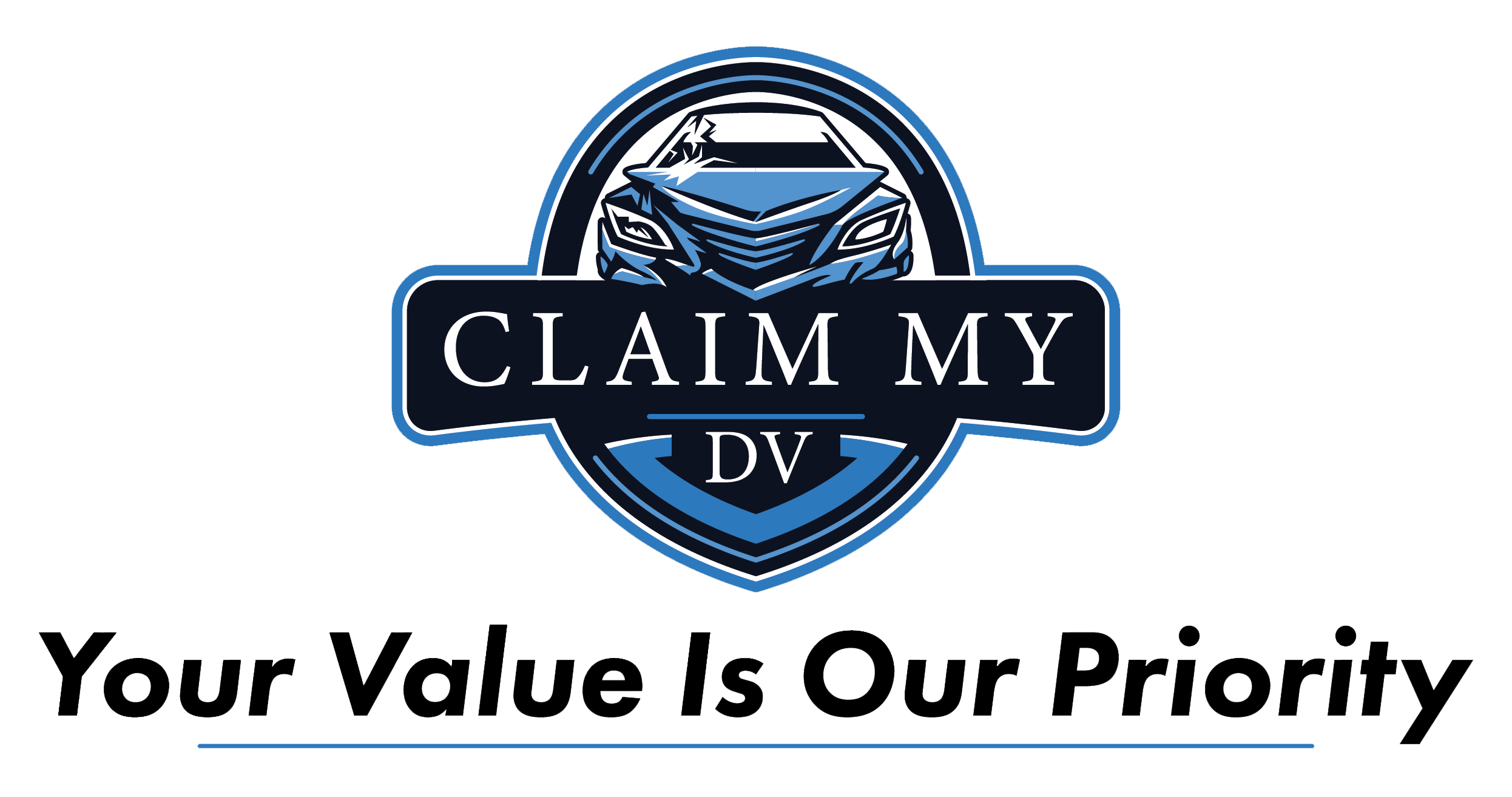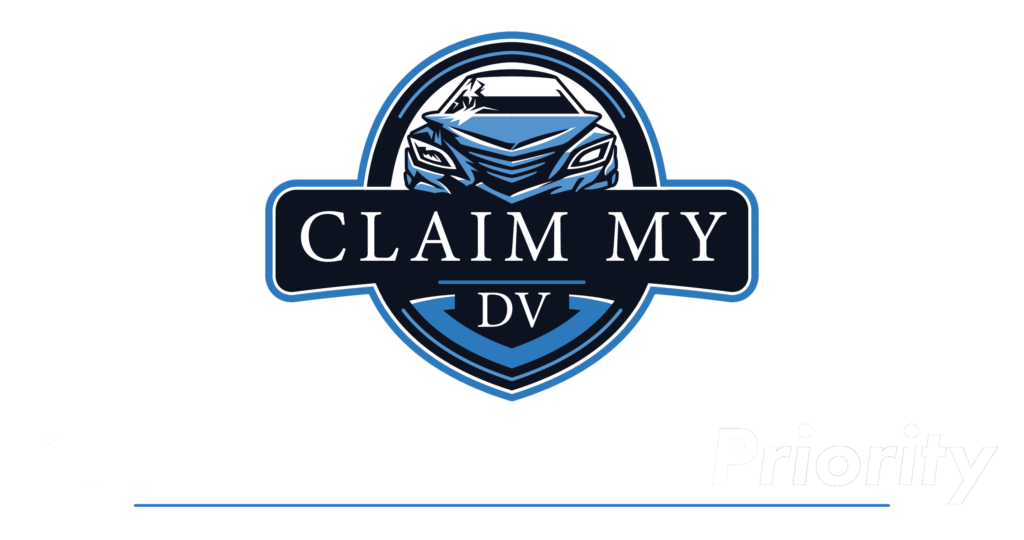Make Sure Your Total Loss Is What You Deserve

Protect Your Finances: Get The Most Out Of Your Total Loss Valuation
At CLAIM MY DV, reject the insurance’s total loss offer. Inaccurate valuations risk losses. Understanding the process is key to detecting errors.
For consumers unfamiliar with totaled car valuation, challenges arise. Hire an independent appraiser like CLAIM MY DV for accurate negotiations and maximum settlements.
What is Loss Appraisal?
Loss appraisals focus on assessing the damage or loss incurred by a vehicle.
Loss appraisal, commonly in insurance claims or accident probes, also aids vehicle valuations. After an accident, a loss appraiser assesses damage and repair costs.
The appraiser thoroughly inspects the vehicle, then generates a detailed report outlining damage and repair estimates. This appraisal is pivotal in settling insurance claims, ensuring fair compensation based on accurate damage assessments.
Procedures may vary based on jurisdiction, insurance policies, and practices.

Diving into a Diminished Value Claim: A Scenario Example
To calculate the total loss for vehicles, you divide the repair cost by its actual cash value (ACV) or market value.
Determining the percentage of the Actual Cash Value (ACV) involves dividing the repair cost by the ACV and multiplying by 100.
If this percentage surpasses the predetermined threshold, the car is declared a total loss.
Prepared to Contest the Insurance Company's Total Loss Settlement Offer?
Benefit from our total loss car appraisal, supported by thorough market comparisons and comprehensive documentation, ensuring maximum settlement amount optimization.
Count on us to navigate negotiations with your insurance provider. We offer invaluable support and expert advice to address their inquiries and overcome challenges during the recovery process.
Allow us to serve as your advocate in the appraisal clause. Many insurance policies include this provision, empowering you to engage your appraiser while the insurer appoints an independent one. Our team will adeptly negotiate with the opposing appraiser to maximize your settlement.
How do you Negotiate Total Loss Value?
Negotiating the total loss value of a vehicle involves working with the insurance company to reach a fair settlement. Here are some steps to consider.
- Gather Information: Collect all relevant documentation and information about your vehicle. For example, maintenance records, repair receipts, and recent appraisals or valuations. This evidence can support your argument.
- Research Market Value: Conduct thorough research to determine the fair market value of your vehicle. Look for similar make, model, year, mileage, and condition vehicles in your local market or online listings. It will help you establish a baseline value for negotiations.
- Document Pre-loss Condition: Provide evidence of your vehicle’s pre-loss condition. Gather photographs or videos showing the vehicle’s exterior and interior before the incident. Highlight its good condition and any valuable features or upgrades.
- Obtain Independent Appraisal: If you disagree with the insurance company’s initial valuation, consider obtaining an independent appraisal from a reputable source. A qualified appraiser or automotive expert can provide an unbiased assessment of the vehicle’s value, which may strengthen your negotiation position.
- Present Supporting Evidence: Prepare a detailed case and present all the relevant evidence. Include market research, documentation of pre-loss condition, repair estimates, and independent appraisals. Clearly articulate why you believe the initial offer is inadequate and provide compelling reasons for a higher total loss value.
- Communicate Effectively: Maintain open and transparent communication with the insurance company or the responsible party. Be professional, assertive, and respectful during negotiations. Clearly articulate your position and reasons for requesting a higher total loss value while being open to discussion and compromise.


Pingback: Google News